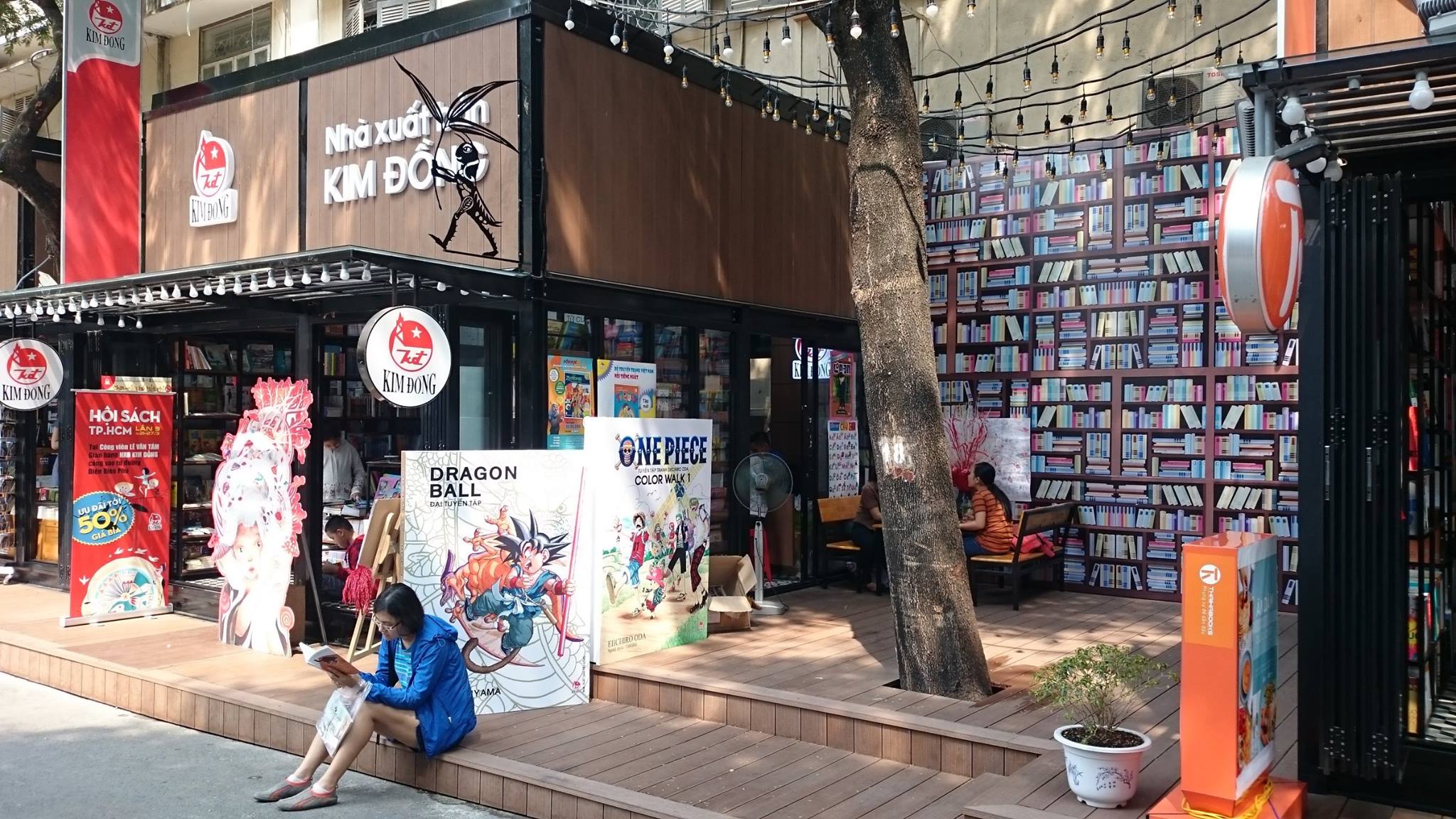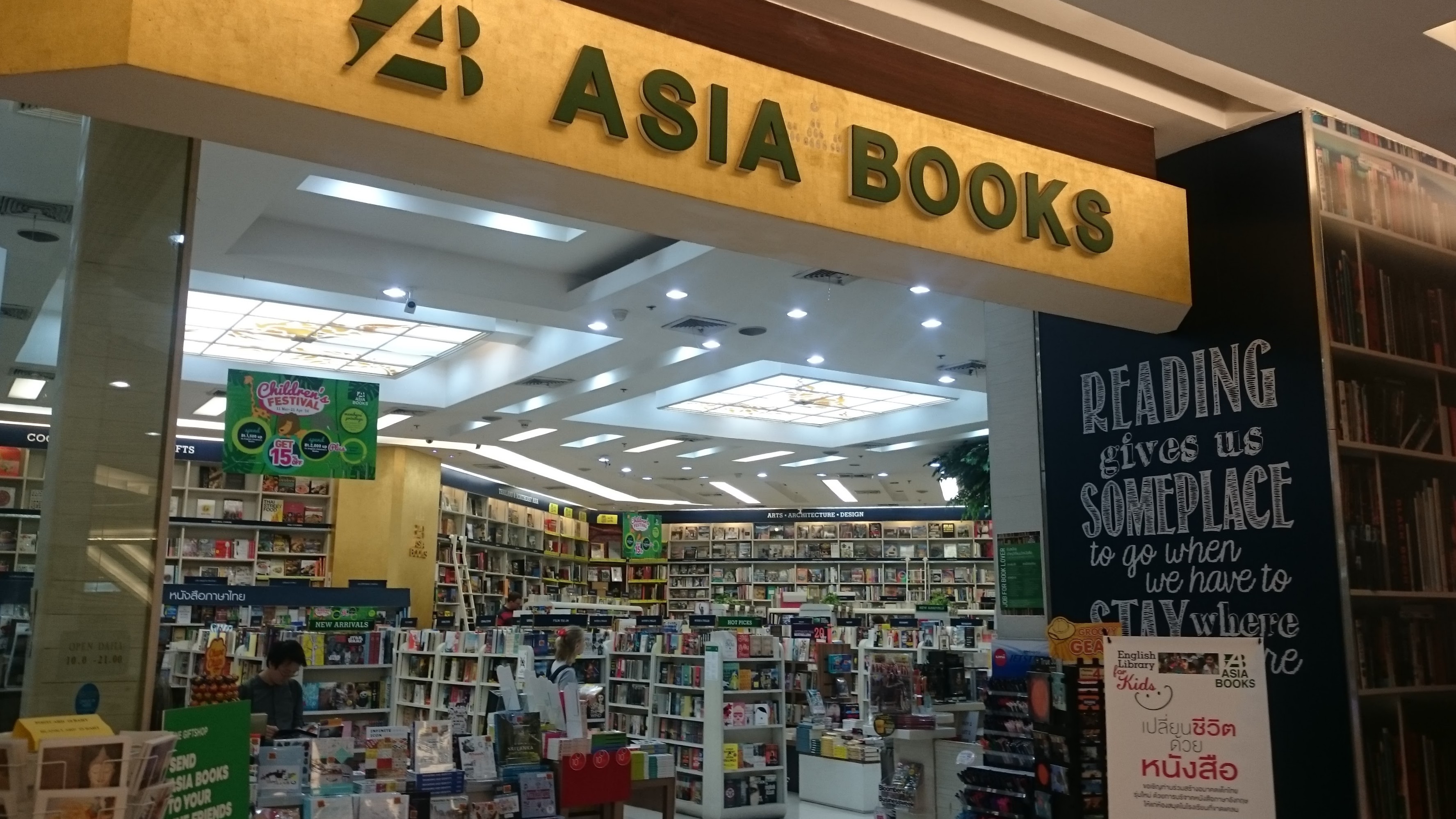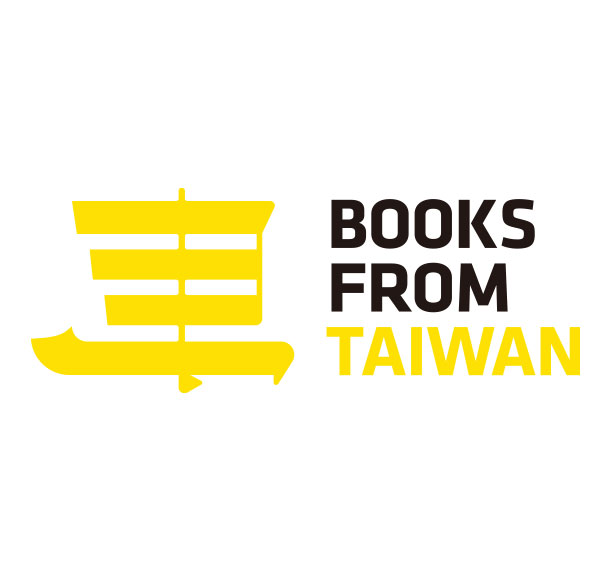I’ve often thought that being a literary agent is not so dissimilar from being an athlete, that is, a competitor in track and field. Actually, for the sake of this article, let’s stick to the track aspect, because most field competitions involve throwing things, which is not something one should necessarily encourage in an enclosed space like an office. But for the track competitions, I believe the comparison between agent and athlete holds: every submission you make is like one of the races at the Olympic Games.
First, there are the sprints: 100m, 200m and 400m. These are very intense, high-energy affairs that demand absolute focus and are over quickly. Selling a memoir by a celebrity is the kind of submission that falls into this category: you submit, editors go crazy and offer lots of money, and you conclude a very significant deal in no time at all.
Then, there are the middle-distance races: 800m up to 3,000m. I’d put selling an excellent non-fiction proposal into this category: you submit, editors read and share with colleagues, in-house discussion ensues, you set up phone conversations between editors and author, you might need to tweak the proposal a little in response to editors’ comments, and then you conclude a very satisfying deal. The whole process still doesn’t take all that long.
Next up are the long-distance races: 5,000m and up. You can probably guess what I’m going to talk about here: exactly, a great literary novel! Selling one of those has become all about endurance and tenacity. You submit, editors start reading and then get distracted by a corporate meeting or Twitter, you remind them, they go back to the novel, they like it, they share it, they try to convince their sales and marketing department that yes, this one will be worth all the effort it takes to publish a literary novel well, and eventually, an editor or two, or maybe even three, make a moderate offer which you try very hard to improve before settling on a deal that makes you think that you really should sell more non-fiction. But at the same time, there simply isn't anything more rewarding than helping a great novel get published. Occasionally, a long-distance race can even turn into a marathon: we’ve had instances at the agency where it took us two years to sell a novel, but sell it we did. As I said, tenacity is the name of the game, or just sheer stubbornness.
It’s at this point that we get to the really interesting disciplines: the ones where you’re not simply running, running, and running some more to get to the finishing line, but where for some inexplicable reason obstacles are put in your way that you have to leap over without falling. The 110m hurdles, for example. But for me, the most awesome of the obstacle races has always been the 3,000m steeplechase. That’s right: I'm finally getting around to explaining the title of this essay! The water jumps and hurdles that seem designed to break your stride and make you stumble on the way towards the finishing line.
Again, you will already have guessed what kind of submission I’m going to compare to the steeplechase: an acclaimed work in translation that you’re trying to sell in the English-language markets. While such a submission can share characteristics with a short-, middle-, or long-distance race, more typically, it comes with some added hurdles. I want to look at those obstacles in a little more detail, and offer some tips for how we can leap (or, as the case may be, awkwardly climb) over them.
Obstacle 1: Language
The first and almost always the biggest obstacle is language. It’s not for nothing that we talk about a language barrier. In fact, in the case of trying to sell a work in translation, it’s not just one barrier but several that are stacked on top of each other:
i) The American co-agent doesn’t read the source language. This is never ideal but often unavoidable. Trust in the primary agent’s/publisher’s recommendation is essential here: the agent you work with needs to know that what you’re asking them to represent is of the highest quality and has the potential to cross over into a different language and culture.
ii) The American/British editor doesn’t read the source language. This will almost always be the case if the language of the work you’re trying to sell isn’t French, German, Italian, or Spanish. With very few exceptions, you’ll only make a deal if you can provide substantial and brilliantly translated sample material in English; sometimes, a complete translation into another major European language can help, but even then you’ll almost certainly need at least some English material, also because of obstacle iii) below.
iii) Nobody else within the publishing house reads the originating language. And by ‘nobody else,’ I specifically mean the sales and marketing departments. This is where things often get frustrating because an editor may love the project you’re trying to sell, but his or her beloved colleagues refuse to see the sales potential. Providing as much ancillary information as possible is important to get over this one: sales information, prizes, awards, other foreign-language sales, all of this helps.
iv) First-rate readers and translators from languages others than the main European ones can be hard to come by. With the exception of the so-called ‘usual suspects’ – a smallish group of editors in New York who have access to reliable readers and trust their judgement – editors often struggle to find reliable readers and translators, so the more resources you can provide, the more likely it is you’ll overcome this particular problem.
Obstacle 2: Market perception
Works in translation, unless they get a lucky break and are selected by Oprah Winfrey (which is what turned German novelist Bernhard Schlink’s THE READER into a number one New York Times bestseller) or become a runaway phenomenon like Stieg Larsson’s THE GIRL WITH THE DRAGON TATTOO, tend to be considered harder to sell than homegrown titles. The main reasons for this seem to be:
i) Foreign settings and themes, as well as different narrative aesthetics, may not be immediately accessible to American/British readers. At the same time, it’s that very foreignness that can make a work in translation attractive, precisely because it doesn’t provide more of the same. It’s a balancing act and it takes some careful market analysis to make sure the work you’re trying to sell occupies the sweet spot where it’s both familiar and new enough to entice.
ii) Authors don’t always speak English and typically live abroad so are harder to promote. There’s not much to be done about this, although a translator might be able to help a publisher’s marketing efforts.
iii) Commercial fiction, children’s/YA titles and most non-fiction will almost always have an English-language equivalent that robs the title in translation of its raison d’être. This is another instance where trusting the primary agent/publisher is important: they need to have a good enough awareness of the market they’re trying to sell into to know what does and what doesn’t have a chance of working. Needless to say, a book in any category that has become a phenomenon in its home market will have a bigger chance of selling internationally.
Obstacle 3: Finances
Translations are expensive. This is true, but in my view mostly a false argument since American/British publishers can relatively easily compensate for this by paying a lower advance. And translation grants are available for many languages by this point. Providing as much information as possible about possible sources of funding is key here.
Obstacle 4: Legal and contractual hurdles
American publishers have a frustrating habit of refusing to accept the principle of reciprocity when it comes to key contractual issues, which means that when you’re licensing to an American/British publisher, you shouldn’t expect to be granted the same terms and conditions that they would demand if they were licensing to you. Some of the typical sticking points include:
i) American/British publishers will, at times, refuse to enter into an agreement if the license term isn’t for the full term of copyright but limited to a set number of years, even though they would never license one of their properties for term of copyright to a non-English language publisher. This is one my pet peeves because it simply isn’t fair. On the other hand, the reality is that most works you’ll sell will at some point go out of print and as long as you negotiate a strong rights reversion clause, you’ll be able to get rights back. This is the pragmatic approach I usually take, and encourage the rights holders to understand. There are instances, however, where the rights holder can’t legally license rights for term of copyright (because they themselves don’t own term of copyright) and this obviously needs to be brought to the acquiring publisher’s attention before the deal is formally concluded.
ii) American/British publishers will refuse to pay permissions for illustrations and other third-party materials. Also frustrating, but often the price of admission into the US market, in my experience. You should be aware of this and factor it into all the other terms of the offer when you’re negotiating the deal.
iii) American/British publishers will insist on the laws of the US/UK governing the terms of the contract. The compromise we as an agency offer, and usually reach agreement on, is that the country of the party against whom a suit may be brought is the country whose laws will govern a lawsuit.
iv) American/British publishers will, in rare cases, feign surprise at having to pay for the translation. Making it explicit when negotiating key terms that the acquiring publisher is responsible for translation costs will ensure this doesn’t turn into an unexpected obstacle later in the process.
Selling foreign-language titles is challenging, there’s no doubt about that. The obstacles you encounter in the process can seem daunting indeed – come on, not another hurdle! – so focusing on some of the more straightforward races instead can be tempting for an agent who has to make a living from the commission he or she earns. On the other hand, there is a certain perverse pleasure to be derived from overcoming these seemingly insurmountable hurdles. And, if you will forgive me for ending this article on a highly idealistic note, since we’re all part of a global and increasingly globalized industry, I think we owe it to the consumers of those beautiful story-containers we call books (or e-books) to ensure that they are as diverse, innovative, and exciting as possible. It is part of our job to counteract the homogenisation of global culture that is taking place all around us. So, let’s hear it for the steeplechase!


